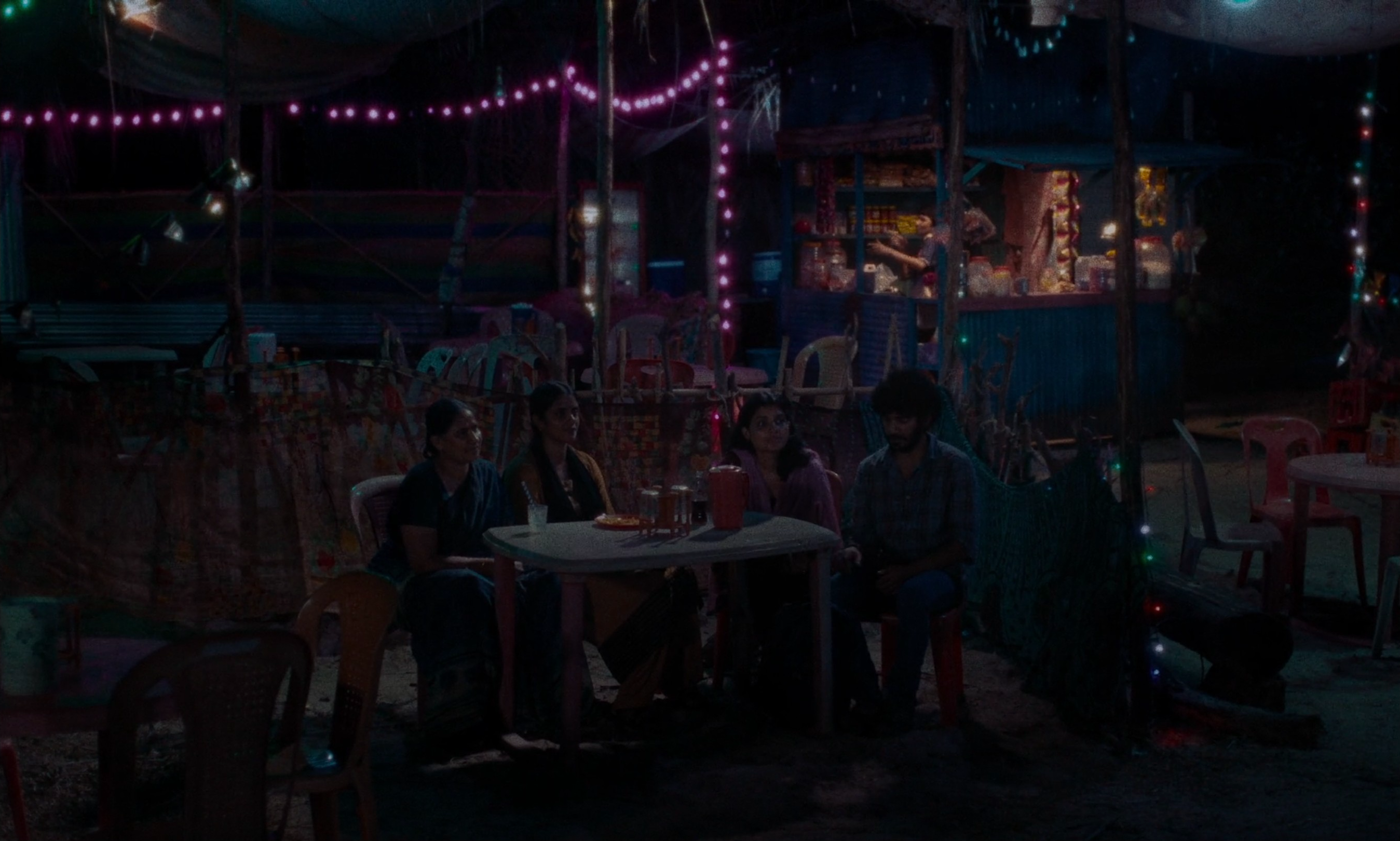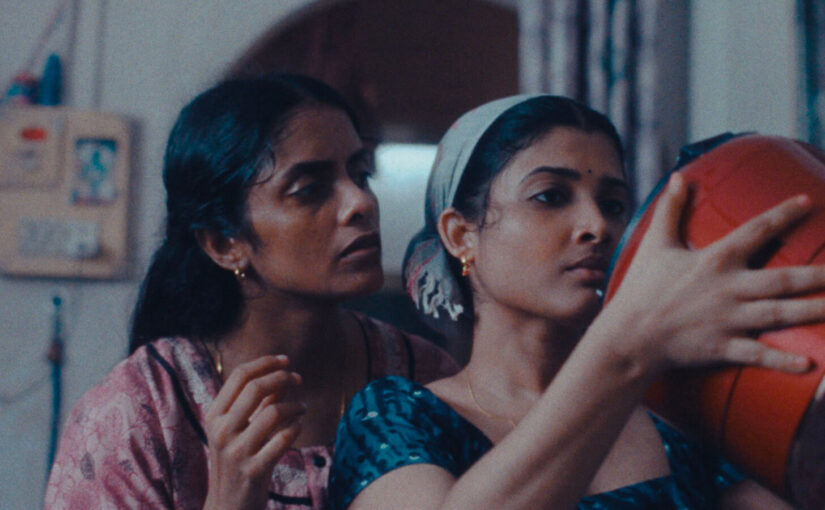Payal Kapadia | 2hr 3min

“Evening is my favourite time of day,” Anu’s secret boyfriend Shiaz remarks one night as they wander Mumbai’s bustling markets. “In my village, this was the time to stop playing football and go home. But here, it feels like the day has just begun.” Indeed, there is a soothing liberation which comes with the setting of the sun in All We Imagine as Light, particularly for Anu whose controversial relationship with a Muslim man may only be conducted under the cover of darkness. Payal Kapadia relishes the delicate beauty of these scenes, blending the cool blues in her production design with the soft illumination of city lights, indoor ambience, and cloudy evening skies, while piano riffs tinkle away in the background. In this nocturnal urban environment, love flourishes without judgement, connecting souls in moments of sweet, uninhibited honesty.
For Anu’s roommate and fellow nurse Prabha, these warm Mumbai nights are not so comfortable. Her husband lives far away in Germany, and it has been over a year since they have even had any contact. Their arranged marriage is considered socially acceptable, yet unlike Anu, she is left to deal with total emotional isolation. When a German rice cooker is unexpectedly delivered to their flat one day, she becomes fully convinced that it was sent from her husband, even curling up with it in a tight hug one evening as though it were a lover. As she reads from his diary with nothing but a phone light, soaking up whatever private thoughts she has been denied, it is apparent that her nights do not signify a break from the pressures of ordinary life. In the darkness, her loneliness is felt even deeper, feeding a melancholy which intensifies with the fading light.
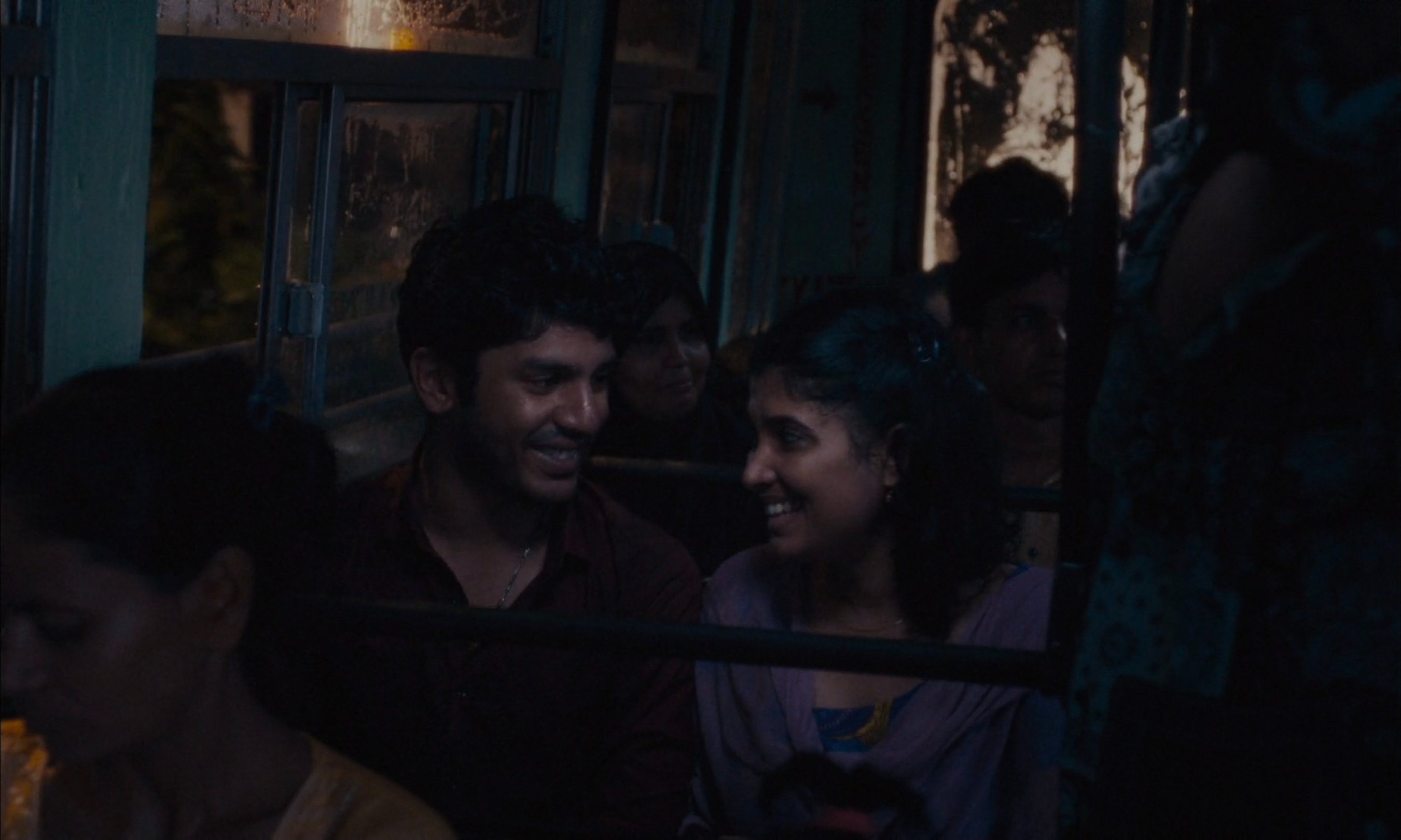
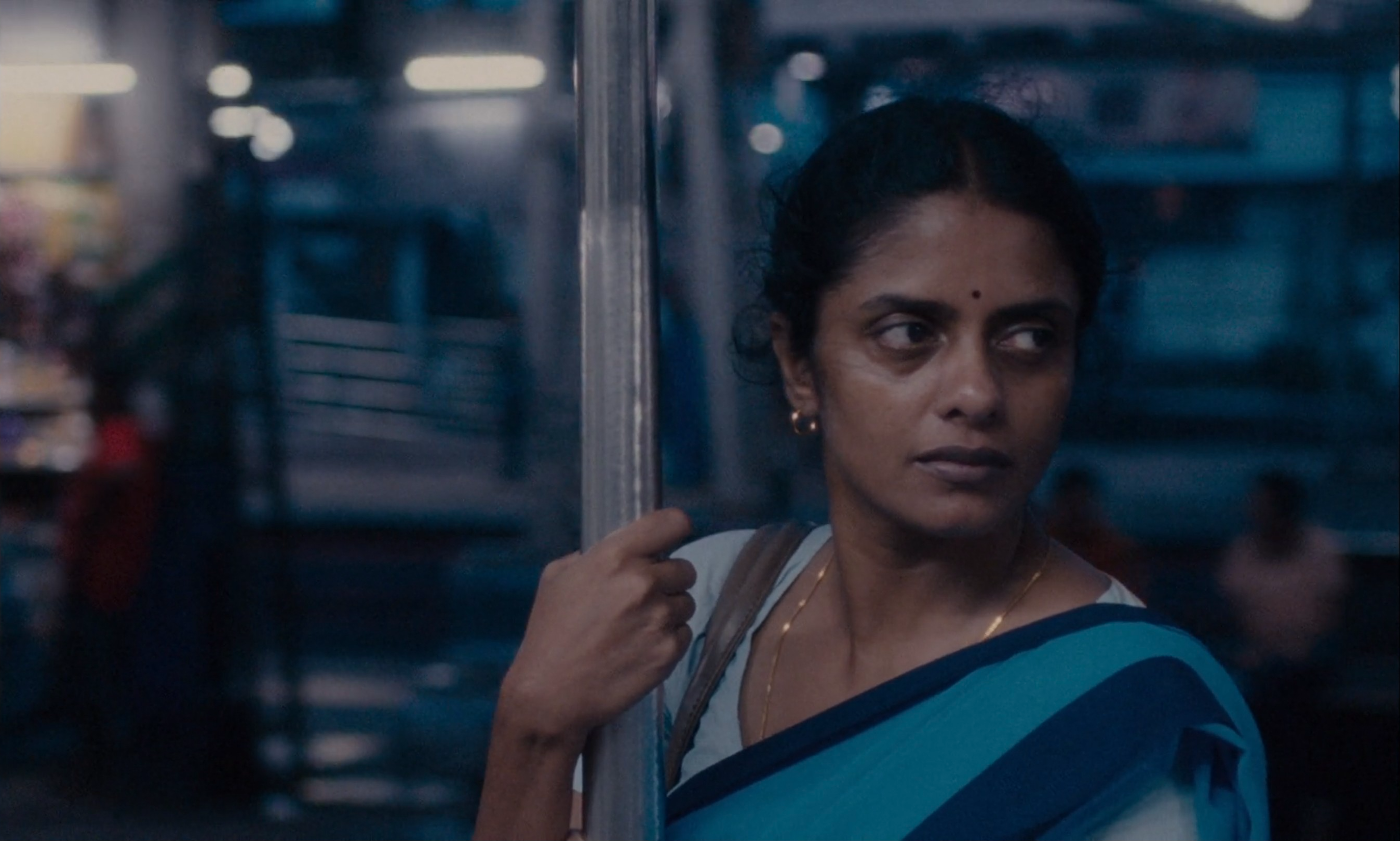
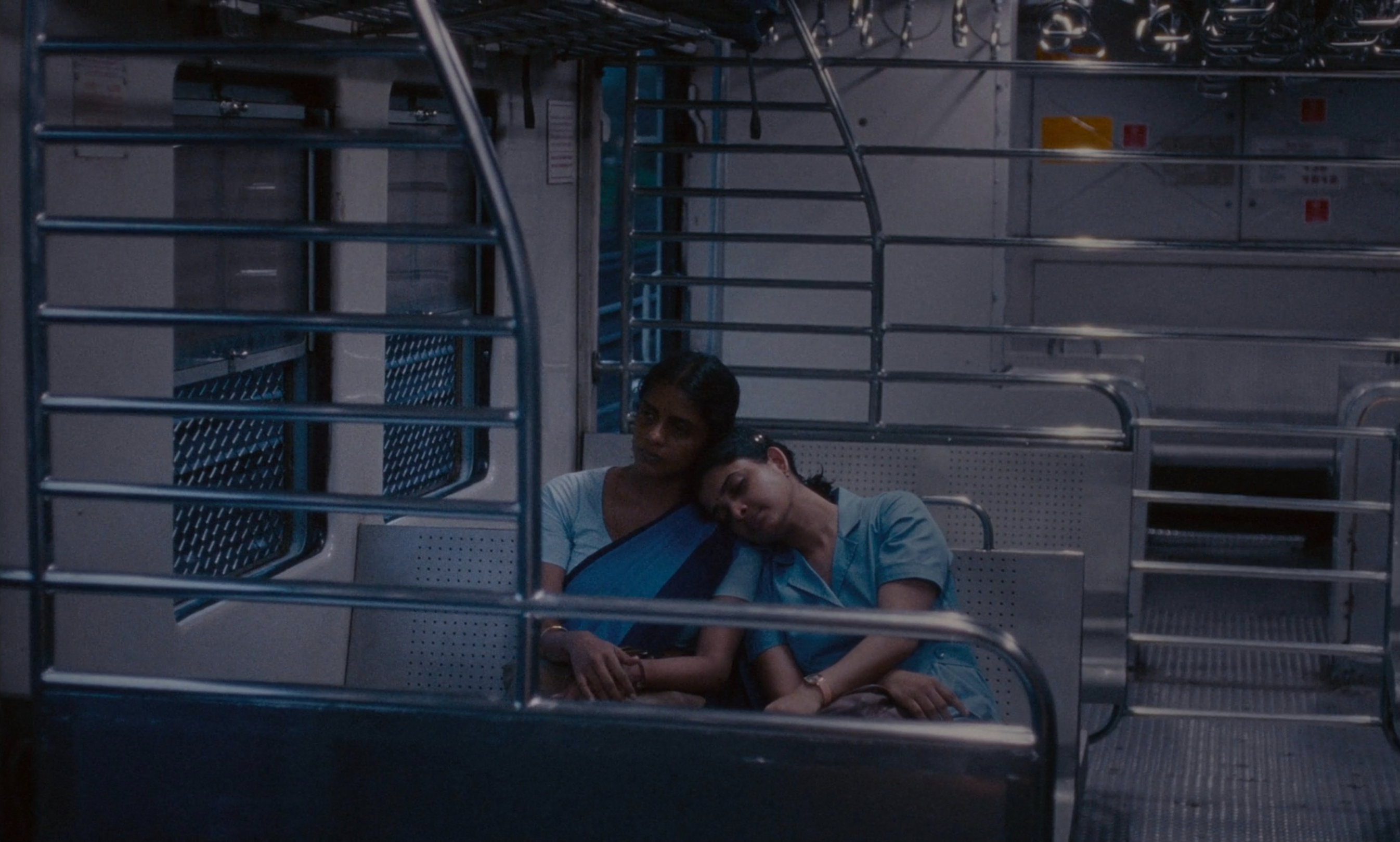
Kapadia’s narrative flows between these two women’s stories with lyrical grace, not only seeking to understand their interior lives, but also the friction in their own relationship to each other. To Anu, the prospect of marrying a total stranger is an unappealing and foreign concept, while Prabha observes her flatmate’s secret relationship from afar with quiet judgement. This is not to say her own eye never wanders, as there are visible sparks of attraction between her and a male doctor, yet her husband’s total withdrawal keeps her clinging to a hopeless fantasy of marriage.
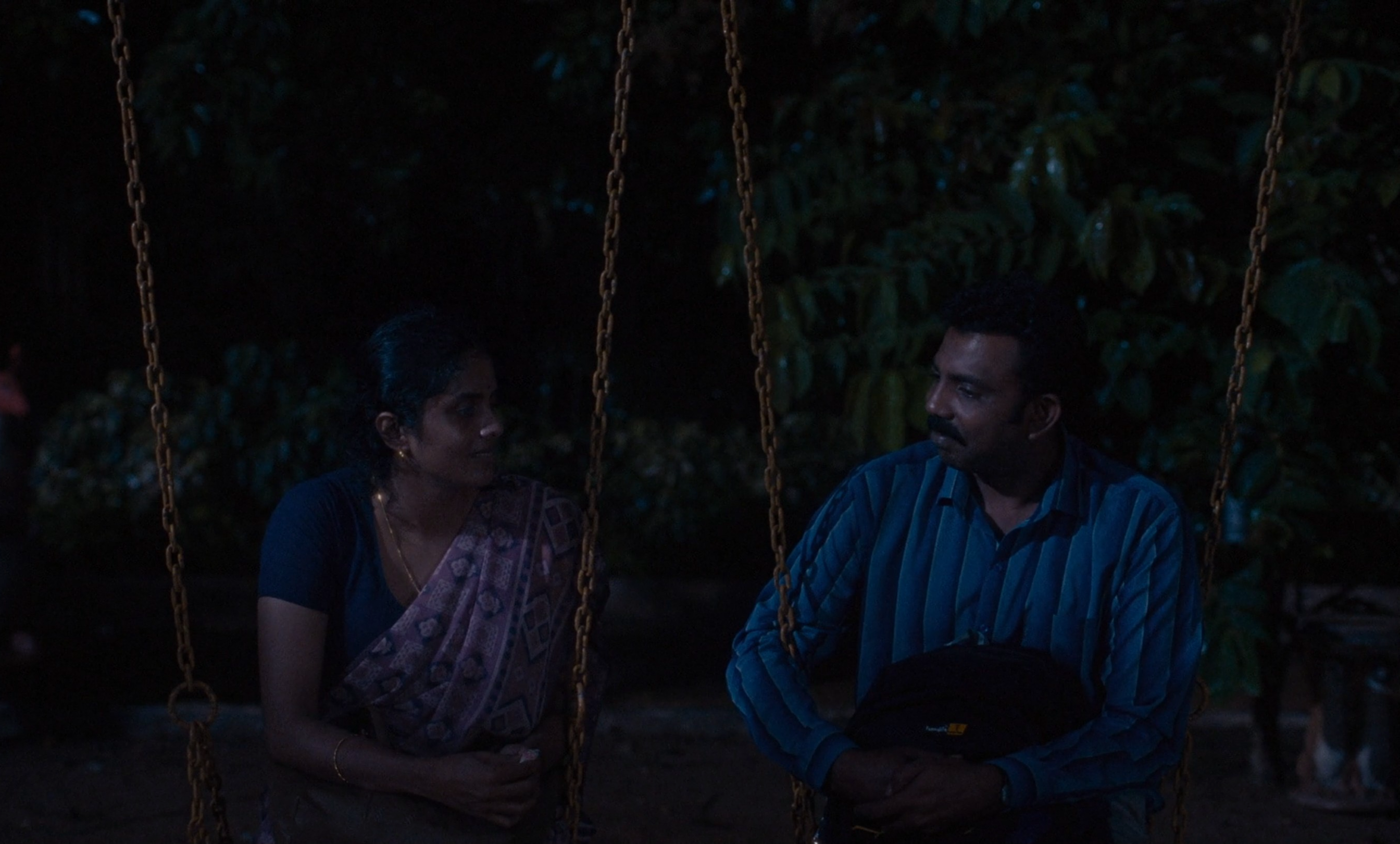
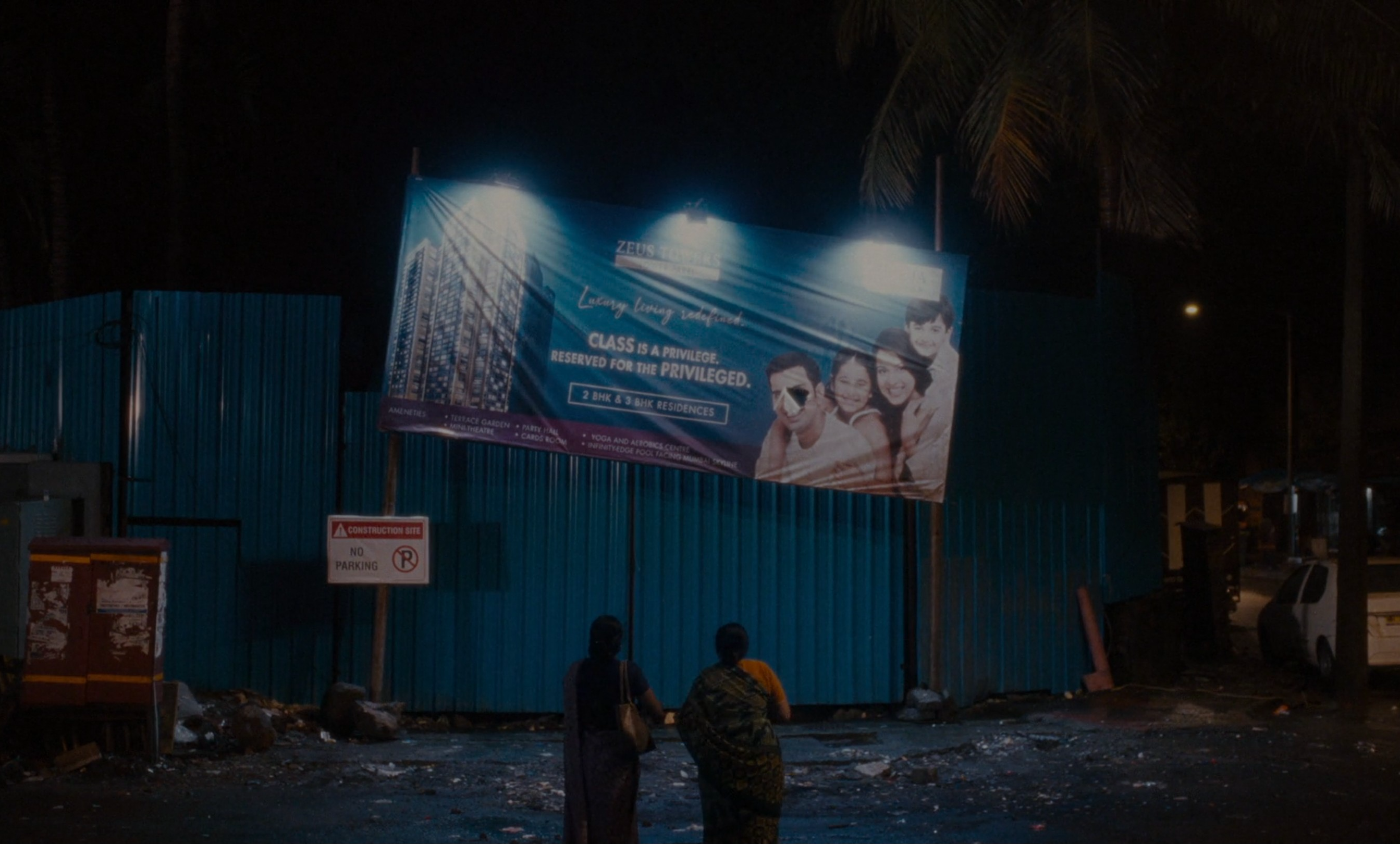
All We Imagine as Light does not merely confine us to these two perspectives though, as Anu and Prabha’s friend Parvati offers a counterpoint to both women in her own subplot. After being ousted from Mumbai due to ruthless property developers, both these flatmates help her move back to her seaside hometown where she grew up. Here, the city’s bustling nightlife gives way to the calmness and clarity of a village where residents relax by the beach, indulge in the local fishing scene, and revel in the daylight. It is still no paradise, as the women quickly discover that Parvati’s new home does not even have electricity yet, but the change in scenery is nevertheless refreshing for these overworked nurses seeking a momentary escape.
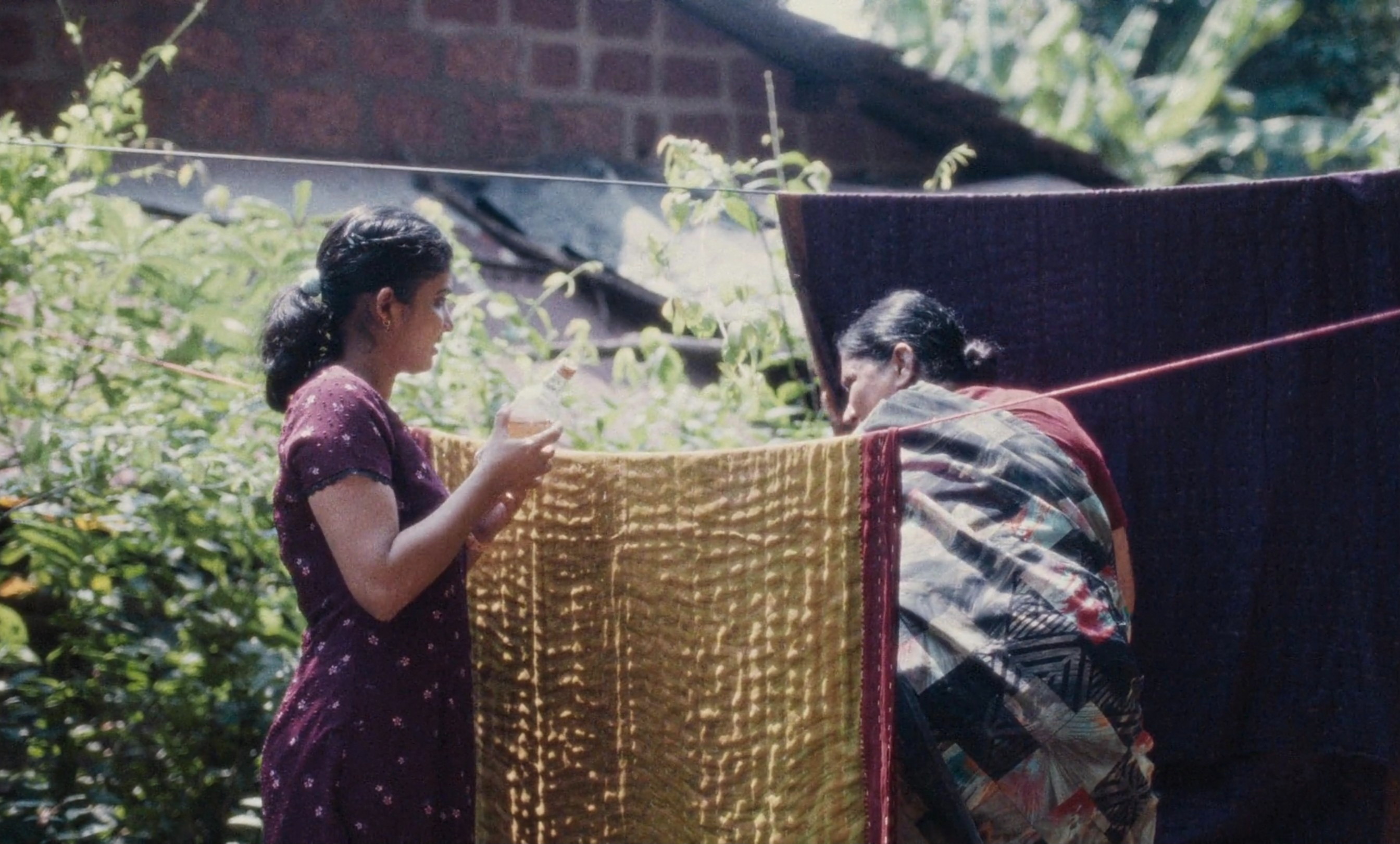
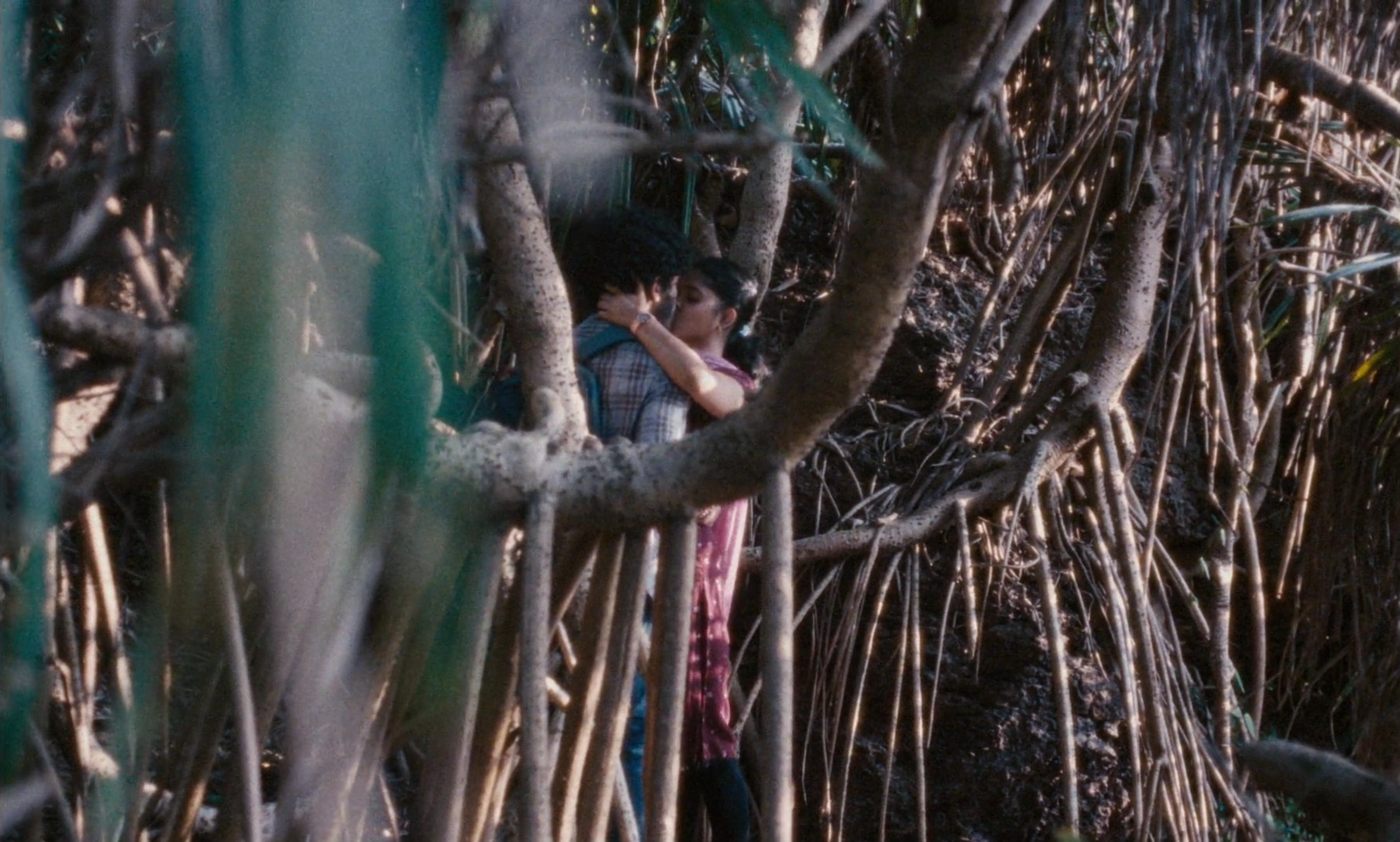
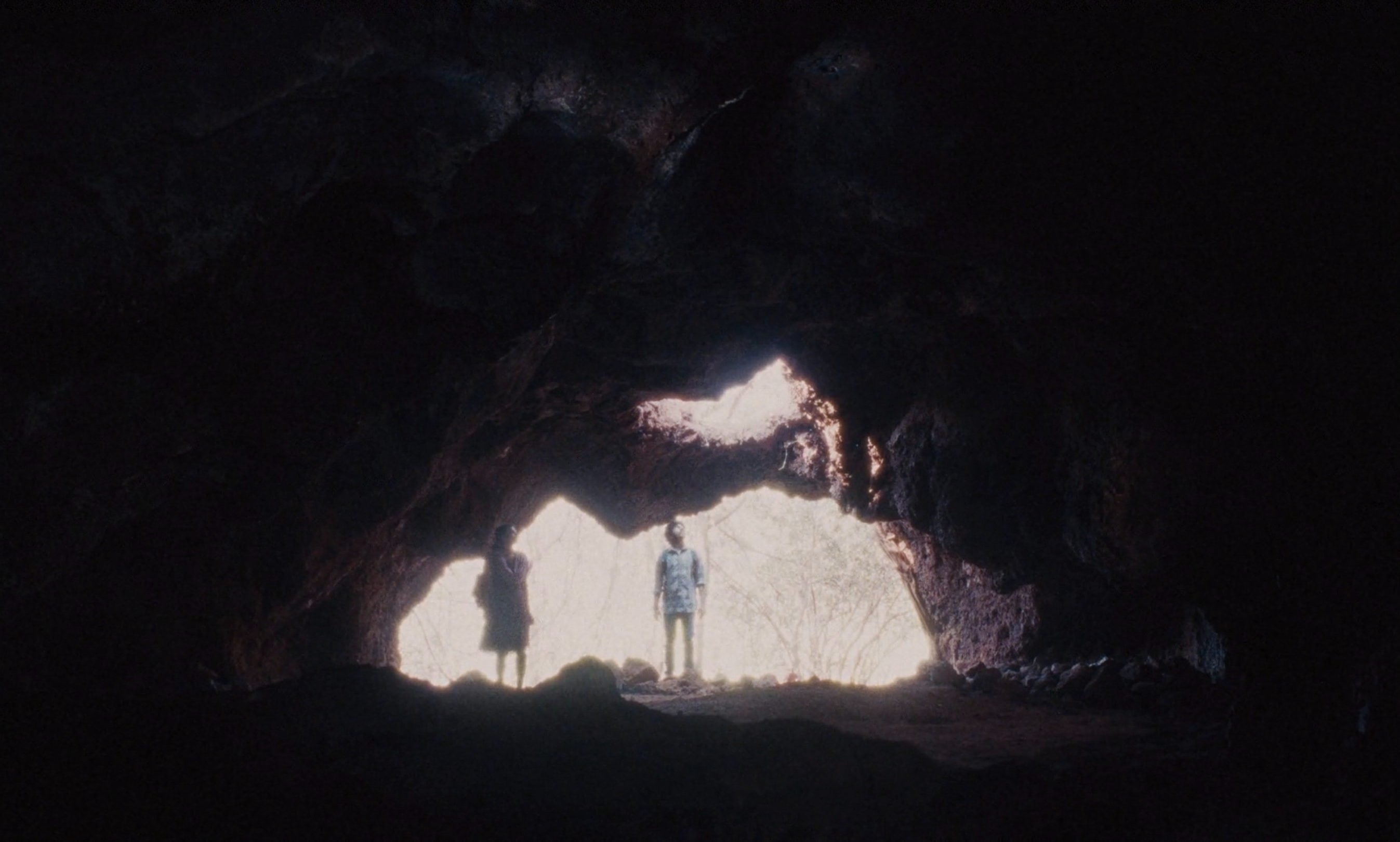
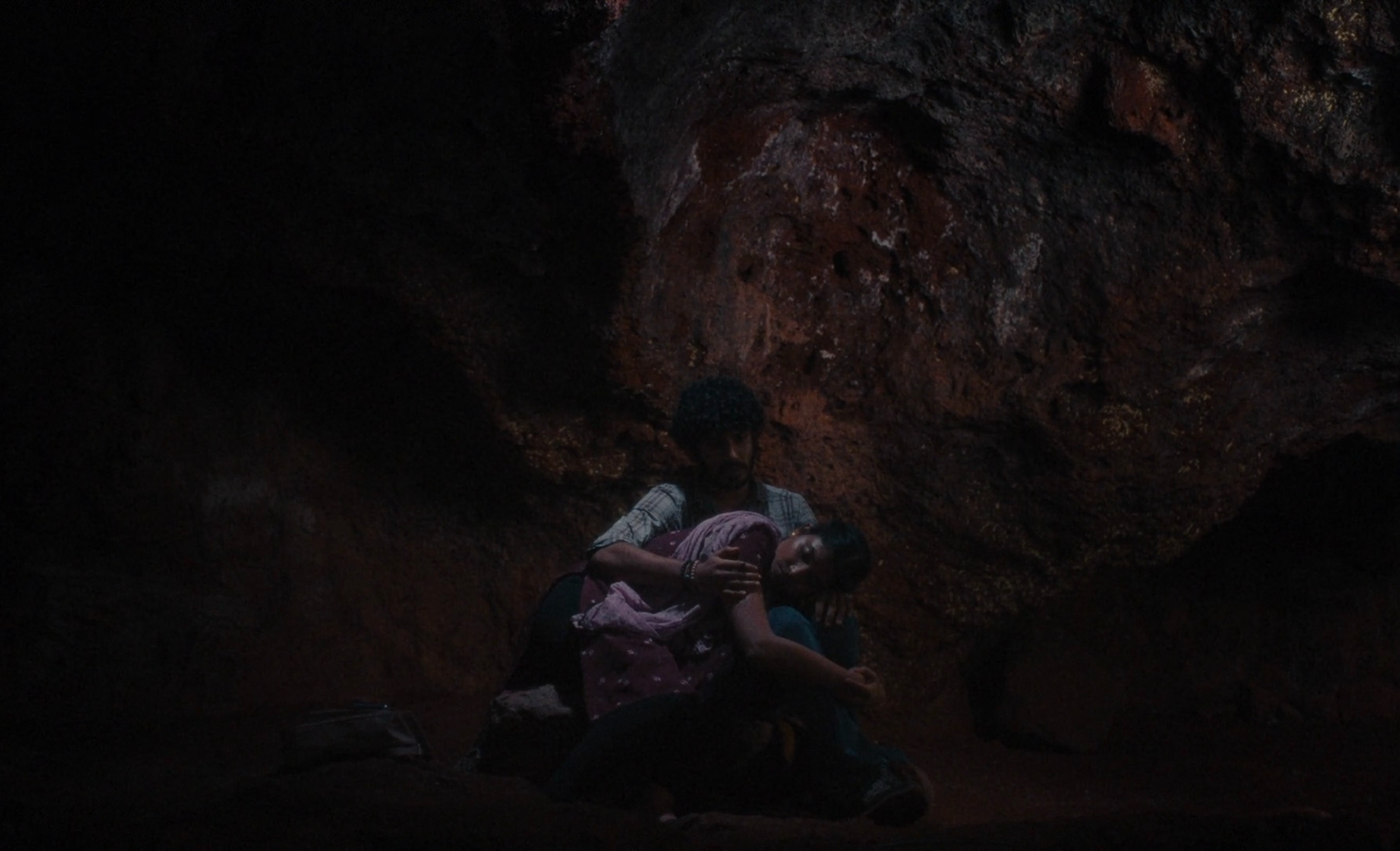
Here, Anu freely explores the local mangroves and caves with Shiaz, making love in the daytime for once even as she continues trying to shield their relationship from Prabhy. Her concerns about potentially being forced into an arranged marriage by her parents don’t quite subside, but at least in this moment, she is afforded the freedom to openly express her love.
As for Prabhy, closure arrives unexpectedly one evening after saving a drowning stranger at the beach. Before leaning in to deliver mouth-to-mouth resuscitation, she hesitates for a brief second, perhaps realising this is the first time in years that she has been so close to a man. Later as she washes his body, she also seems to absorb another woman’s mistaken belief that he is her husband, turning that into a meaningful conversation with an imagined proxy. Returning to the melancholy blues of Mumbai’s nights, Kapadia delves deeper than ever into Prabhy’s lonely mind, filtering this world through a magical realist lens where identities are as malleable as plastic and long-awaited discussions may finally unfold between disconnected partners.
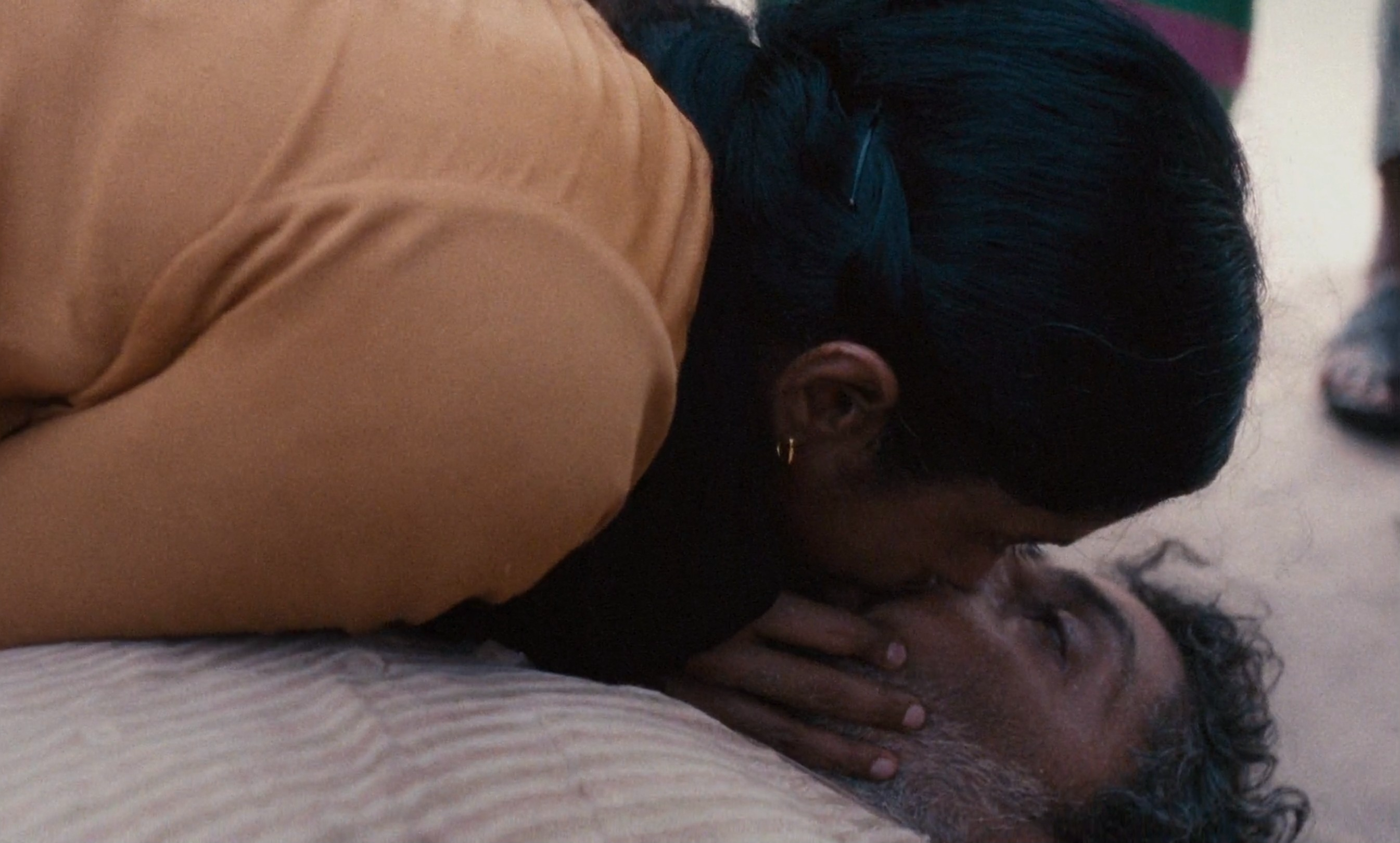
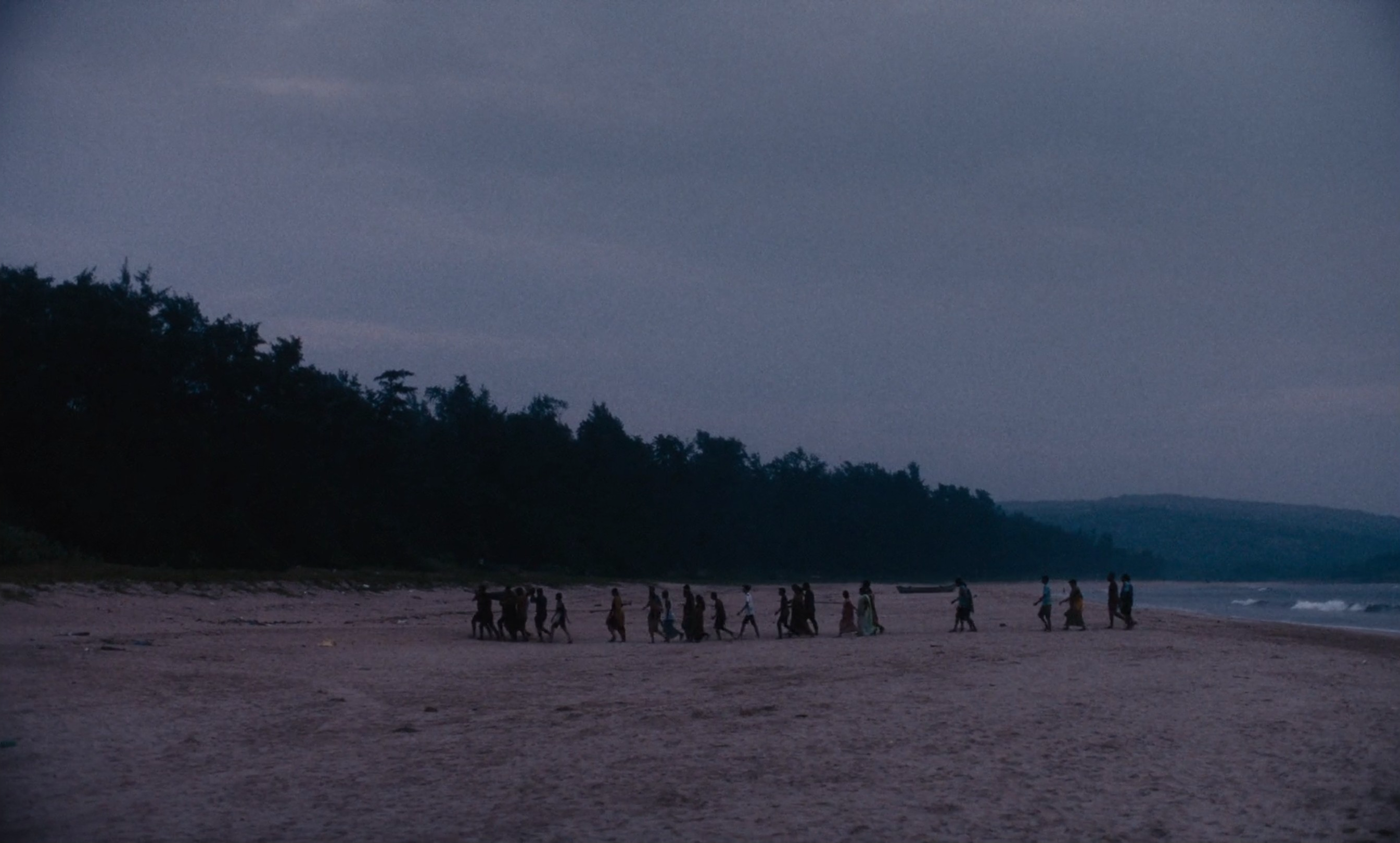
Kapadia fully understands the visual potency of her final scene, softly illuminating the beach shack where all three women gather under neon pink and green fairy lights. It is here where one narrow definition of love is finally relinquished, and where a broader understanding of its many versatile forms is born, nurturing a surrogate family that fills emotional gaps left by stringent parents and distant spouses. Through such quiet epiphanies as these, All We Imagine as Light delicately confronts the harsh realities of modern companionship, finding solace not in certainty, but rather the enduring resilience of mutual, unspoken solidarity.
All We Imagine as Light is currently streaming on The Criterion Channel, and is available to rent or buy on Apple TV, YouTube, and Amazon Video.
